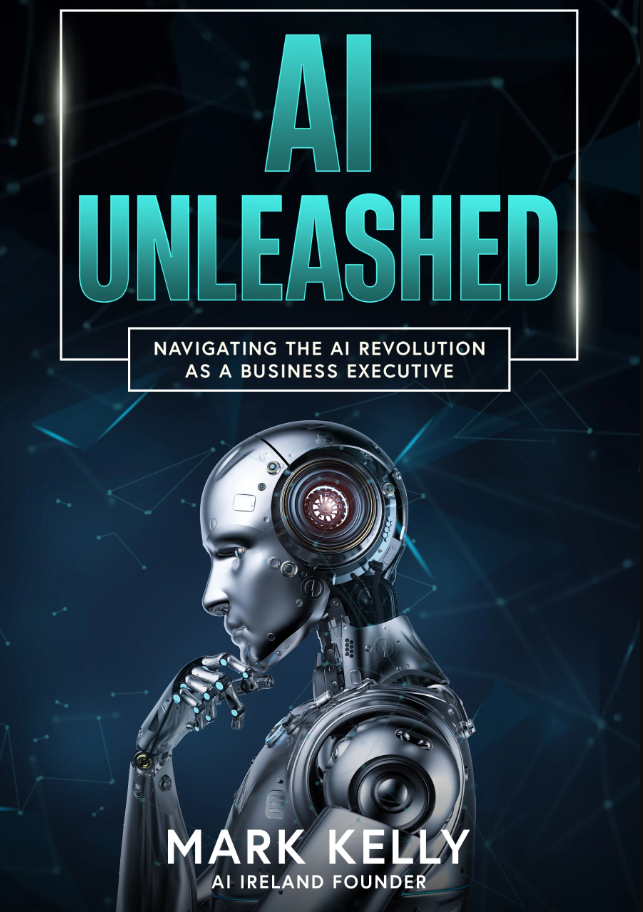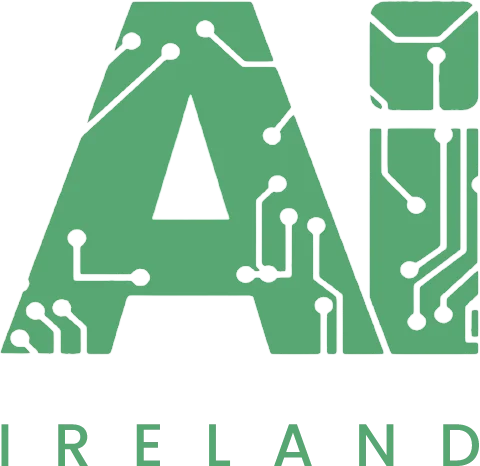Ireland is up against the clock to outline clear domestic regulation around the use of artificial intelligence after a landmark new law was approved with an overwhelming majority in the EU parliament earlier this week.
The long-awaited AI Act, which has become the world’s most extensive set of rules around artificial intelligence, was created to protect consumer rights and democracy from high-risk uses of AI in a changing tech environment, while also keeping Europe attractive as a place to do business for tech companies.
The act is expected to come into force in May, but there is no indication of who or what will be responsible for regulating this rapidly-changing part of the tech sector in Ireland, only “rumblings” for now, according to William Fry consultant and member of the Irish AI Advisory Council, Barry Scannell. He said:
I’m on the AI Advisory Council and I still don’t know. I still don’t know what’s going to happen. I still don’t know what the government’s plans are.
The AI Advisory Council is a voluntary body created to advise the government. Other members include Emma Redmond, head of EU privacy and data protection at OpenAI, a leading AI tech company.
“I get the distinct impression, personally, that we won’t have an independent AI regulator data, it’ll be a function of another existing body,” Mr Scannell continued.
In an episode of the ieBusiness Podcast with the Irish Examiner, former data protection commissioner Helen Dixon hinted that the responsibility could fall under the remit of the Data Protection Commission but nothing has been confirmed since.
The consumer watchdog remained coy and told the Irish Examiner it had no further updates to give following the approval of the AI Act.
In its 2024-2026 strategy report published last year, the Competition and Consumer Protection Commission (CCPC) said: “AI and how it may impact on consumer interests and competition raise important issues.”
In addition, before the new act was approved the CCPC said it “received, and expects to receive more, new responsibilities and powers across a range of new and existing functions for the purpose of tackling issues in digital and data markets”.

One country has been eager to show initiative in this area though.Spain has invested heavily in its AI strategy and was the first EU member to establish its own task force for regulating artificial intelligence, the Spanish Agency for the Supervision of Artificial Intelligence (AESIA), even before the AI Act was approved.
Spain is an outlier in this regard as many other EU countries are still ironing out their approach to AI regulation.
However, the move by Spain has been viewed as an early bid to become a hub for AI foreign direct investment.
Mr Scannell is confident about Ireland’s approach so far to AI regulation and said the Government has reached milestones in this regard including the introduction of an AI strategy.
He also suggested Ireland still has an edge when it comes to securing AI foreign direct investment and becoming a hub for these companies, even without a regulator yet.
Ireland wants to set itself out as the European hub for AI because they’re here already and because of the relationships we have with them.
For example, OpenAI opened its first European office in Dublin last year.
“The strength of Ireland’s tech and startup ecosystem across Dublin and cities like Cork, Galway, and Limerick has shown impressive growth and advancement,” OpenAI chief executive Sam Altman said at the time.
However, Irish regulators charged with keeping Big Tech in line have been accused of being too soft in the past, which Mr Scannell disputes.
“Based on the work that William Fry does, and we’re working with international companies that are coming to Ireland, Ireland isn’t seen as a soft touch,” he said.
I think [Ireland is] seen as tech friendly because our decisions are consistent and logical and firm, but fair.
“It is a cliché, but I think that is the way that Ireland is seen. And that’s a good type of environment in which to do business.”
The AI Act has been largely welcomed, but there are claims that it has been significantly diluted since it was first proposed.
“When it comes to the lobbying in the EU, there was huge lobbying. There is no doubt whatsoever, that the AI Act was watered down,” said Mr Scannell.
He said that most of this lobbying targeted rules around language models such as OpenAI’s ChatGPT.
He added that he believes the “risk from things like ChatGPT is low”.
“So, while it think it has been watered down and while I think the previous version was probably a bit too heavy, I don’t think it’s particularly a major problem”.

One of the main points of contention in the legislative process was the use of facial recognition.
The new rules ban certain AI applications that threaten citizens’ rights, including untargeted scraping of facial images from the internet or CCTV footage to create facial recognition databases.
“The more right-leaning parties, like centre right, were pro the use of this technology in law enforcement, or making it easier for law enforcement to use facial recognition technology, whereas more left-leaning parties were very much against this,” he added.
“The laws will now allow law enforcement to use facial recognition technology only in very limited circumstances,” said Mr Scannell.
There are also now clear obligations for high-risk AI systems.
This could include using AI for employment selection, according to Mr Scannell, as it could use bias language in job advertisements.
It is likely that further legislation on AI is on the horizon as the tech is new yet evolving at pace.
AI Ireland founder Mark Kelly said he sees the AI Act as a “good starting point, which will be adjusted as the AI technology advances”.
The AI sector has already developed significantly since the Act was first proposed in 2021.
Mr Scannell said: “That’s been one of the biggest struggles that I think the EU has had throughout this legislative processes — how do you actually legislate for a technology that’s changing so rapidly and moving so rapidly?”
Overall, Mr Scannell welcomed the act and said that “as much as AI can be used for good, it can also be used for things that are not so good. So it needed to be regulated. He said:
Any technology that can cause harm should be regulated. You don’t want AI making decisions that will change people’s lives and potentially harm people’s lives.
In relation to concerns over job losses due to the emergence of AI, Mr Scannell said he does not think there will be “massive layoffs because of AI”.
Instead, he he expects to see companies transfer staff from one department to another rather than cut large numbers.
“The only way an economy can grow, is by making more with less and be more efficient,” he said.
Meanwhile, EU regulators continue their crackdown on the pitfalls arising from generative AI tools used by Big Tech firms.
The European Commission has sent requests for information to Microsoft, Google owner Alphabet, Facebook-owner Meta Platforms, social media platform X, Snapchat, and TikTok under the EU’s flagship Digital Services Act, according to EU officials.
The commission is also requesting information and internal documents on the risk assessments and mitigation measures linked to the impact of generative AI on electoral processes, dissemination of illegal content, protection of fundamental rights, gender-based violence, protection of minors, mental well-being, protection of personal data, consumer protection and intellectual property.
Originally posted on Irish Examiner

AI Unleashed: Navigating the AI Revolution
Accessible for purchase on Amazon, AI Ireland’s latest book “AI Unleashed: Navigating the AI Revolution,” is your must read this month. For executives, policy architects or technology aficionados seeking to make sense of the intricate world of AI, “AI Unleashed: Navigating the AI Revolution” is your essential handbook. Available on Amazon Kindle or hard copy, this book furnishes you with the expertise and instruments required to employ AI both effectively and ethically.
Book an AI Presentation with AI Ireland today
Discover tailored presentations designed to meet the unique needs of your industry. Gain invaluable insights into the transformative power of AI technologies, ensuring your organisation stays ahead of the curve. Equip your team and stakeholders with the knowledge they need to confidently embrace the future.
Don’t miss the chance to enlighten your team and explore how innovation is positively impacting your industry. Secure your presentation now!











